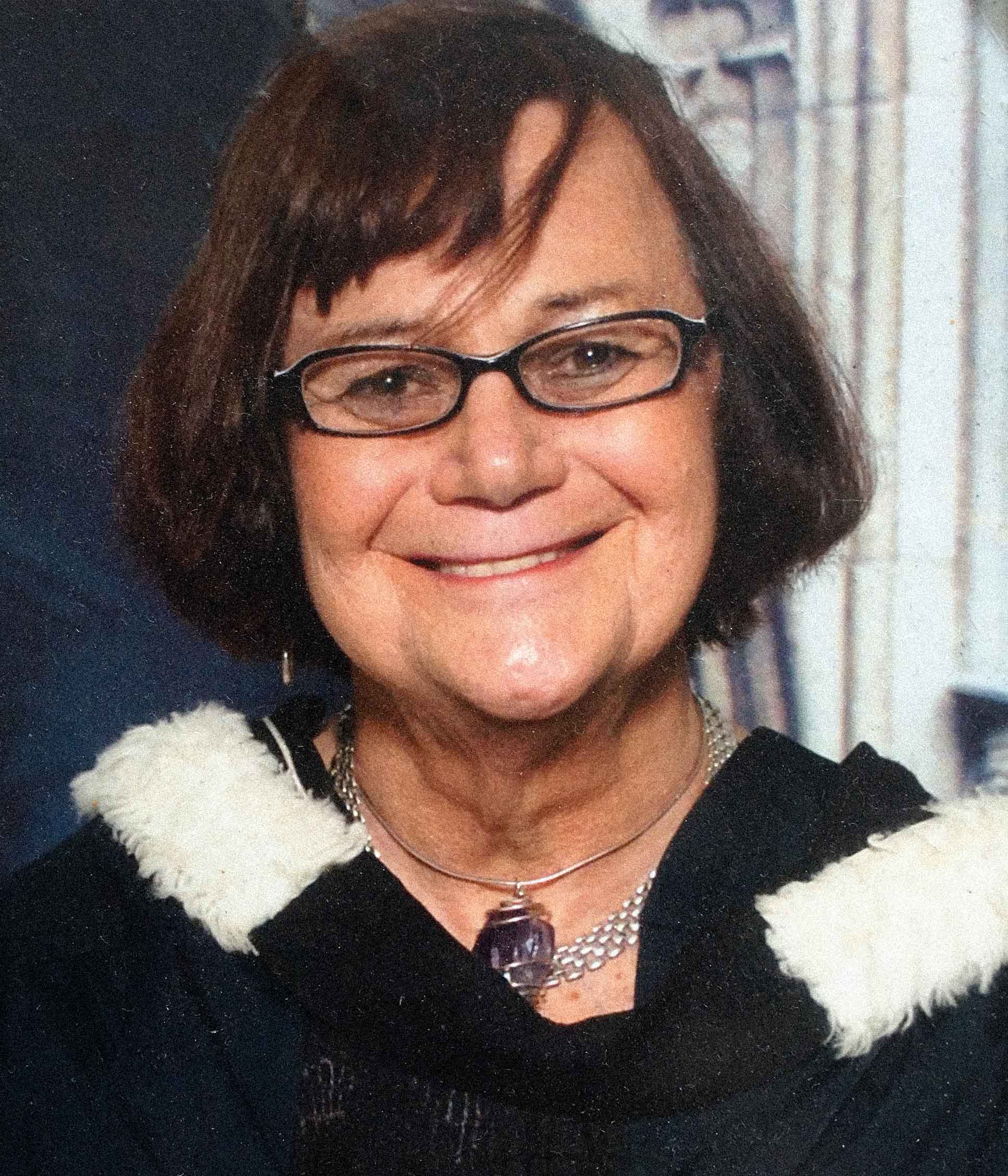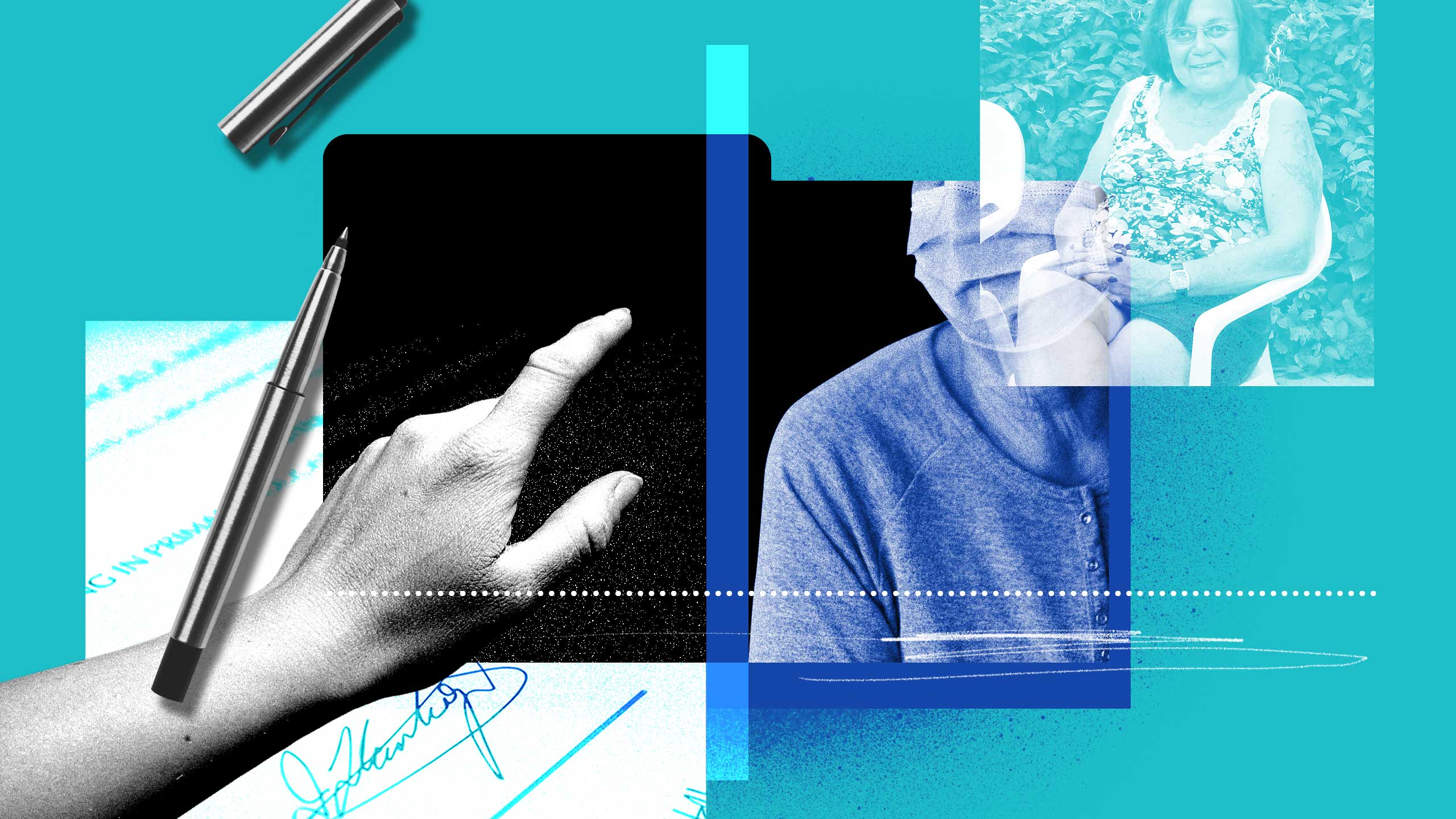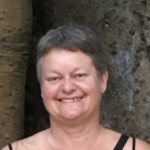“COVID schmovid!” Those were JoAnn Nevermann’s parting words.
She died on April 22, 2020. JoAnn was an 81-year-old queer trans woman living in a downtown Toronto long term care facility (LTC)—a place where we go when we can’t live independently anymore. I held JoAnn’s Power of Attorney (POA) for Personal Care, which meant I was able to make decisions that directly affected her quality of life in the years before her death.
JoAnn didn’t have a partner and the only biological relative she was close to was a sister who lives overseas. That left me as her primary support. If this pandemic has taught me anything, it’s that no one is safe. Whether it’s a COVID-19 diagnosis or being hit by a Mack Truck, life can take a disastrous turn at any moment. Please prepare for the worst.
If, like me, you lived through the AIDS crisis, you witnessed friends trying to care for one another. Then, as one after another of us died, we watched as biological families stepped in to collect the spoils. So many of us were kicked out of our families back then—that is, if we hadn’t already left the suburbs, small towns and heterosexual, cisgendered norms behind us. The law back then didn’t recognize the new family structures we had built for ourselves.
We queer and trans folk can no longer legally be thrown out of apartments, refused service in a restaurant or denied a job based on our sexual orientation or gender. But we continue to be discriminated against by a health care system which privileges biological families over chosen ones, and spouses over friends. The issue is family, with a capital F. Who gets to make decisions about your health care if you’re incapacitated? If no one is legally designated to care for you through a POA, the first in line is your legal spouse, then your parents, then your children, then your siblings. Your BFF may have no say whatsoever.
JoAnn and I met about 20 years ago, at the SM Women’s Discussion Group co-founded by my friend Terri Roberton and me. Around that time, I had bought a run-down house in what was then a “bad” neighbourhood called Leslieville. JoAnn offered to help me fix it up, a bit at a time. That’s how we became friends. She said all things built with two hands by men could be repaired by women.

Credit: Courtesy of Nancy Irwin
I remember that one day, while getting ready to fix the basement floor, I made JoAnn wait as 20 bags of concrete were loaded into her van. We needed to conserve our energy to move those bags at the other end. I told her we needed to be ladies while young men loaded the van so that we could be butch dykes later!
As our friendship grew deeper, I discovered no one was happier to be a woman than JoAnn. She genuinely aspired to her last name. She helped balance out the misogyny I experienced on a daily basis—and, of course, still do. Like racism, it hasn’t gone away.
Sadly, JoAnn has.
During the last phone conversation I ever had with her, just prior to her COVID-19 diagnosis, she was not happy about being stuck in her room during lockdown. She was completely unaware that something was wrong with her, but 10 minutes into our conversation she was slurring words. She sounded drunk. I later learned that was due to oxygen deprivation from COVID-19. When your blood oxygen drops to 68 percent, you can die without ever gasping for breath.
Six years previously, JoAnn landed in a Toronto hospital, picked up by ambulance after a heart attack that, coupled with a prior stroke, left her with a chronic heart condition and severe short-term memory loss. She would never live independently again.
After the heart attack, JoAnn ended up stuck in a cardiac ward in the hospital for about six months until a place became available in an LTC. I had one battle after another trying to advocate for her.
The hospital preferred JoAnn’s overseas sister to be in charge. That sister couldn’t see what I could see, which was not pretty. Every time I found JoAnn soaking in urine, hospital staff said it was the first time. Day after day, it was the same “first time.” Hospital staff took her off her estrogen, cold turkey. They could not understand why she was on it in the first place, and at such a high dose, which was known to be a risk for heart attacks. So JoAnn was stuck in a hospital gown and her beard was growing.
I got her some ladies’ nightshirts so she could look more feminine, as she preferred. I had to fight for JoAnn’s right for trans-inclusive care. Even her doctor—who originally prescribed the estrogen—had no jurisdiction over hospital staff. But his presence at a medical meeting sure helped. They agreed to give her some estrogen, just not the dose she had been on.
Hospital staff repeatedly asked who I was, saying, “She isn’t family.” They would say those words to JoAnn’s sister, and question why I was involved, causing a rift between us that took some time and effort to heal.
That hospital experience taught me and JoAnn the value of a POA. Luckily, she was still lucid enough when she got out to sign off on my POA. I was never so grateful to hold that power. It meant I had legal authority to care for JoAnn. And I did. I watched over her for the next five years while she lived in the LTC, helping with dentures, clothing and taking her out for tea.
That POA document was crucial when the first wave of COVID-19 hit LTC facilities last year.
On April 15, I got a strange call from JoAnn’s sister in Germany. She thought JoAnn had had a stroke. She couldn’t understand her in German or English. I called JoAnn. That’s when we had that “drunken” conversation. I immediately called the LTC and asked them to check on her. They said that they would and would call me back. By then, JoAnn’s facility was overwhelmed trying to manage the nightmare within. I heard nothing until 9:30 p.m. that night, after the nurse noticed JoAnn had a high temperature. That’s when they checked her blood oxygen level. I got a call saying JoAnn was leaving the LTC in an ambulance. Others were leaving in body bags. The nurse sounded traumatized.
Roughly a third of the residents living in JoAnn’s LTC tested positive for COVID-19 at the beginning of April; given that the tests back then had a higher chance of delivering false negative results, the number of infected was probably higher. JoAnn tested negative. Fourteen days after her test, and one week after her sister called, JoAnn died of COVID-19.
“Who do you want to be in charge of you while you try not to die?”
Many people get sick and recover from COVID-19 as easily as from the flu, but an unlucky few get walloped. They end up in hospital, sometimes on a ventilator and incapable of communicating for days or weeks. That unlucky person could easily be you. Someone will need to make medical decisions for you and be the important liaison between you and your people. Who will that person be? The Health Care Consent Act lists a hierarchy of those they will presume to be in charge: A legal partner or spouse, child or parent, sibling, then any other relative. If there are no relatives—and no designated POA—a friend can apply to be your representative appointed by the Consent and Capacity Board and act as your substitute decision maker (SDM). If no one comes forward, a guardian will be appointed by court order. Guardians are reasonable and experienced social workers. This is not the worst thing that can happen. But would that be your first choice?
Who do you want to be in charge of you while you try not to die? The family member who wanted to send you for conversion therapy or the one who denied trans people exist? If you don’t have a spouse or family member you trust, you need a POA. Recent partners take note: Depending on where you live, there are a number of criteria you need to meet before you can be recognized as a legal spouse and be able to make decisions for your loved one. During our most emotionally fraught moments, we queers are still sometimes required to prove to medical authorities that we’re not “just a roommate.”
(And, while we’re at it, who’s got your spare keys and can feed the cat, pick up mail and pay your bills?)
If you land in hospital, every effort will be made to communicate with you, the patient, to ask who your choice is for care. If you can’t communicate, a social worker will try to contact family and friends. Police will be called to do a search. If there is no family, Public Guardian and Trustee will step in and make decisions for you, unless you’ve given someone a Power of Attorney for Personal Care (that’s the term used in most parts of the U.S and in Ontario). Ontario residents can download this form. You’ll need two witnesses to sign it, and the person or persons you’ve chosen to be your POA must consent.
The terms and forms will be different depending on your province or state. In B.C., for example, you need a representation agreement. In Quebec, it’s called a mandatory. In California, the term is Power of Attorney for Health Care, while Texas uses the term Medical Power of Attorney. One size does not fit all.
I’m 60 and single and have my POA sorted out. Do you?
I got the call just past midnight. JoAnn was gone.
The next morning I informed her sister, and then our circle of friends. It was afternoon before I thought of her body. Where was it?
It took hours for me to locate. There was a new policy in place that week: Hospitals and nursing homes contracted the same company to remove bodies of those who died of COVID-19 within an hour of death. I had already been in touch with the coroner’s office, and I was fortunate to encounter a kind and helpful woman who guided me through their process.
The funeral home was a different matter. But after dealing with a different person every call, I found JoAnn’s body and began arrangements to connect them to the coroner’s office, which would somehow cover the cost. I learned an unclaimed body can stay at the morgue for years. Some people have made arrangements for burial or cremation and have a nice plot already purchased. Most have not, especially if you’re young. In Ontario, if you’re living on social assistance or in a subsidized LTC and without funds, you can be buried (or, by special request, cremated) by Social Services. I learned that’s what happens to many who die on the streets of Toronto. Last April, I learned more than I wanted to know.
Everyone should have a POA for personal care. It gave me legal authority with my friend’s nursing home, hospital and, ultimately, the coroner’s office. It allowed me to pick up JoAnn’s ashes by motorcycle one hot summer night and take her north to a place we discussed long ago. It meant I could tell her sister what happened. The POA allowed me to help when JoAnn was sick, and to be involved as she died. With luck, if you’re reading this, you’re well enough to download the appropriate document. Consider it insurance. And hope you never need it.
With files by Logan Summer.


 Why you can trust Xtra
Why you can trust Xtra


